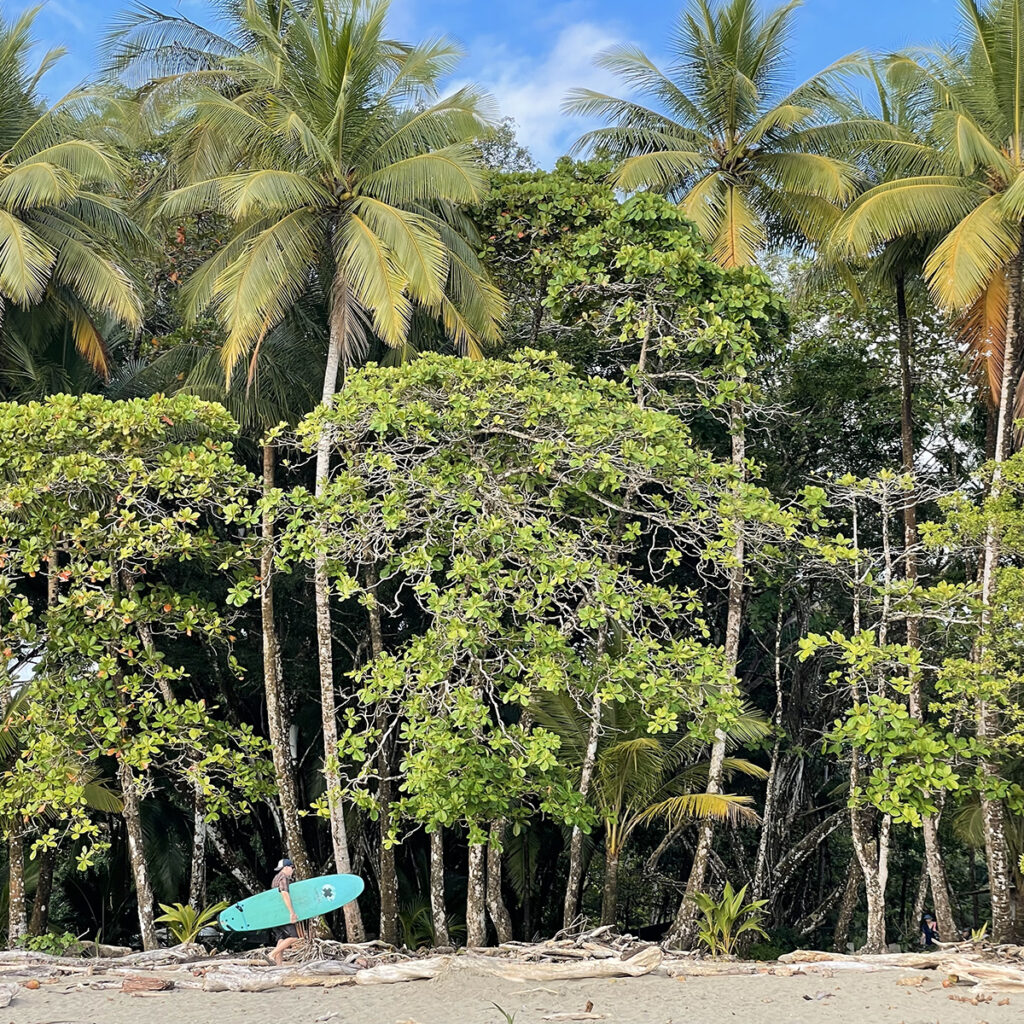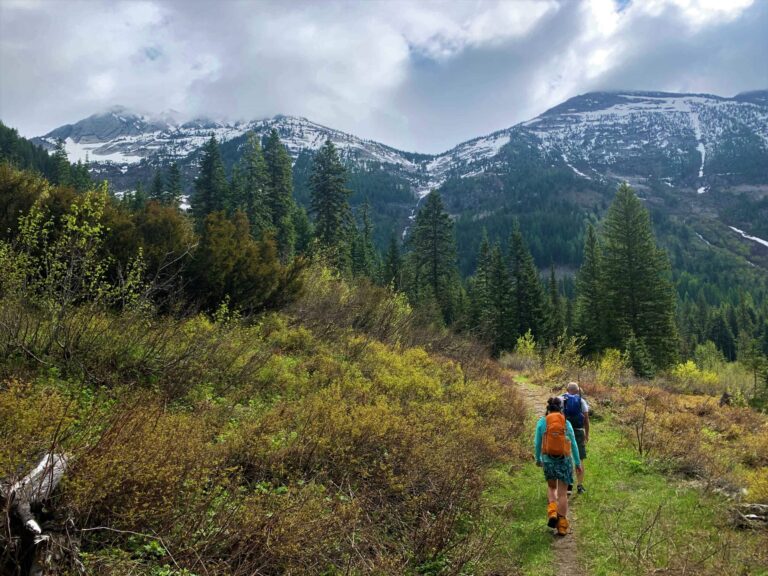Cover photo courtesy of Shallan Knowles
If you’ve ever met a surfer, you know they can be pricks. Allan Weisbecker was no exception, though one might argue he’d earned the right to be territorial and pretentious, no matter where on the ocean he happened to be surfing. Weisbecker began surfing in 1965, rode with the legends, saw and surfed swells everywhere from the coasts of Africa to Alaska to New York. And when he wrote about it, it wasn’t just the description of a tube, but the remarkable and nuanced social system of the surfer.
There are athletes who love a sport with a ferocity and passion that can only be perceived as obnoxious, and an expertise and elitism that is alienating. Sometimes they write books, and in our burgeoning or established love of the thing, we read them only to discover they are better at their sport than sharing it. (Or in the case of Lance Armstrong, better at deceit.)

But Weisbecker’s 2001 book “In Search of Captain Zero”is one of those rare treasures when someone is capable of nerding-out on a topic applicable to few, while weaving in the raw humanity of a story that resonates with all. If you aren’t a surfer already, you’ll want to be one by the end. You’ll also know far more about wave science and the graceful intuition of the dedicated wave rider than you thought possible. Unless you’re already a serious surfer and it is the affirming prose of your people.
In 1996, Weisbecker sold his home and belongings (purchased primarily from leftover cash from his drug-running days and a few writing gigs for the likes of shows like “Miami Vice”) and headed to Mexico. In search of a lifelong friend whose cryptic postcards and eventual silence seemed out of character, Weisbecker makes his way down the coast of Baja, to Mexico, and onward to Costa Rica.
Parts of you will want to sell your house, unapologetically abandon relationships, and be a vagabond in a camper. You’ll pine for that best dog you once owned (or grieve the mortality of the one you do own). You’ll feel with tangible discomfort those times you made poor choices you were too old for, be it staying up late, riding your bike too fast, or dabbling in narcotics. You’ll recall with a measure of regret all the times you isolated yourself when you wanted connection.

These are the stories we should read and the stories we should tell. They are only white-washed enough to see how fragile the author’s ego is, and thus how precisely human they are. They tell of the erosion of once-invincible friendships, the contentment and reprieve offered by nature, and why both might compel us to greatness or grossness.
In a world where our lives have become as fragmented as our smart-phone-addled attention spans, there is something refreshing in imagining a life spent in a pursuit as singular as surfing, or carpentry, or sushi preparation, or through hiking. It takes a special mind, likely one deserving of a diagnosis, to cast aside the expectations of society and dedicate ourselves to a purpose. It is both a gift and a curse.
Yet it is precisely these people who push the edges and boundaries of what we are capable of as individuals, who pioneer crafts and hone skills we are replacing with the digitalized expertise of a three-minute YouTube tutorial. They are an animal going extinct along with all the learning they have to offer.
Now I’m not suggesting anyone ever bludgeon themselves through Murakami’s “What I Talk About When I Talk About Running.” But a few of these remarkable people take the time to share their unique human experience with such vulnerability, give us a glimpse into the ticking of their minds beyond their obsession, and remind us that maybe we have more in common than we realize.
Ammi Midstokke tried surfing once and nearly got her ass beat by a forty-something Santa Cruz local for “stealing a wave” that she unwillingly succumbed to in an attempt to not be pulverized by Mother Nature. She has not forgiven the surfing community.












